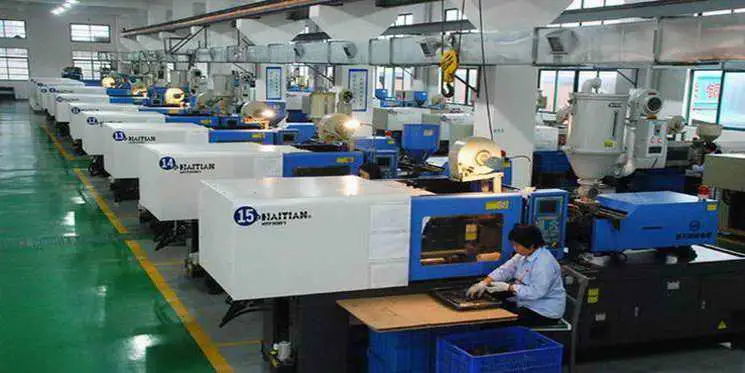The term "plastics" in English originally referred to materials that can be molded into various shapes or malleable materials. In the lexicon, it is defined as materials primarily composed of synthetic or natural polymers that can be molded under certain conditions and retain their shape. In addition to the polymer matrix, also known as resins, plastics consist of various additives for specific purposes. The main components are as follows:
(1) Synthetic Resins
Synthetic resins, also known as resins, are artificially synthesized polymers, which are the fundamental and most important components of plastics. They determine the basic properties of plastics, and all types of plastics are named after the resin they contain. Resins typically constitute 40% to 100% of the mass of plastics. One of the main functions of resins is to bind various additives together and provide them with certain physical and mechanical properties.
There are many types of resins with varying properties. The selection of resins for plastics depends mainly on factors such as molecular weight, particle size, structure, and the ease of interaction with additives. Plastics composed of various resins can amount to hundreds of types, such as PE (polyethylene), PA (polyamide), PVC (polyvinyl chloride), PC (polycarbonate), PP (polypropylene), and other thermoplastic plastics; as well as PF (phenolic resin), EP (epoxy resin), UP (unsaturated polyester), and other thermosetting plastics.
(2) Additives
Additives are substances added to improve the performance or processing properties of plastics, also known as auxiliaries. They do not affect the chemical structure of the resin, but disperse in the resin in a physical form, forming a multiphase or micro-multiphase structure. There are many types of additives with different functions. When selecting them, the following aspects should be considered:
1) Good compatibility with the resin: Additives must have good compatibility with the resin to exist in the product long-term, stably, and uniformly, effectively fulfilling their function. Otherwise, issues like "sweating" or "blooming" may occur. However, for products with less strict requirements, the compatibility is not as critical. For instance, even if the compatibility between the filler and the resin is poor, it can still meet the product performance requirements due to its small particle size.
2) Good stability: Additives are added to improve and enhance certain properties, so it is crucial that they maintain their initial state stably. They should not change properties due to processing and use, which could lead to degradation of the product's properties.
3) Meeting processing requirements: Additives are injected into the mold along with the resin. Some resins have stringent processing conditions, such as high plasticizing temperatures. In such cases, it is important to consider whether the additives will decompose at that temperature and if they have any corrosive effects on the molds and equipment.
4) Good electrical properties: Resins have excellent electrical properties, making plastic products widely used in electronics, electrical appliances, and power applications. To maintain the resin's electrical properties, the additives added should meet the product's electrical performance requirements as much as possible, without weakening this advantage of the resin. Of course, for products that do not require electrical properties, this consideration may be unnecessary.
5) Interaction among additives: The interaction among additives should not weaken their effects. If additives interact with each other and weaken their effects, it will diminish the overall effectiveness of the additives. Therefore, it is essential to consider whether harmful interactions may occur between additives.
6) Constraints of product applications: Different products have varying requirements for additives. For example, plastic containers used for packaging food require non-toxic additives that are harmless to humans; otherwise, they cannot be used.
In actual production, there are many types of additives used, including fillers, plasticizers, stabilizers, reinforcements, lubricants, antistatic agents, colorants, flame retardants, fragrances, foaming agents, luminescent agents, and more.






